A sweeping global study has overturned long-held assumptions about mosquito feeding behavior, revealing that these disease-carrying insects are far more adaptable than previously believed. Published in Global Ecology and Biogeography, the research analyzed over 15,600 mosquito blood-meal records and found that environmental factors—not just innate preferences—play a major role in determining which hosts mosquitoes feed on. This discovery has a major implications for predicting and managing mosquito-borne diseases in a changing climate.
A Global Look at Mosquito Diets
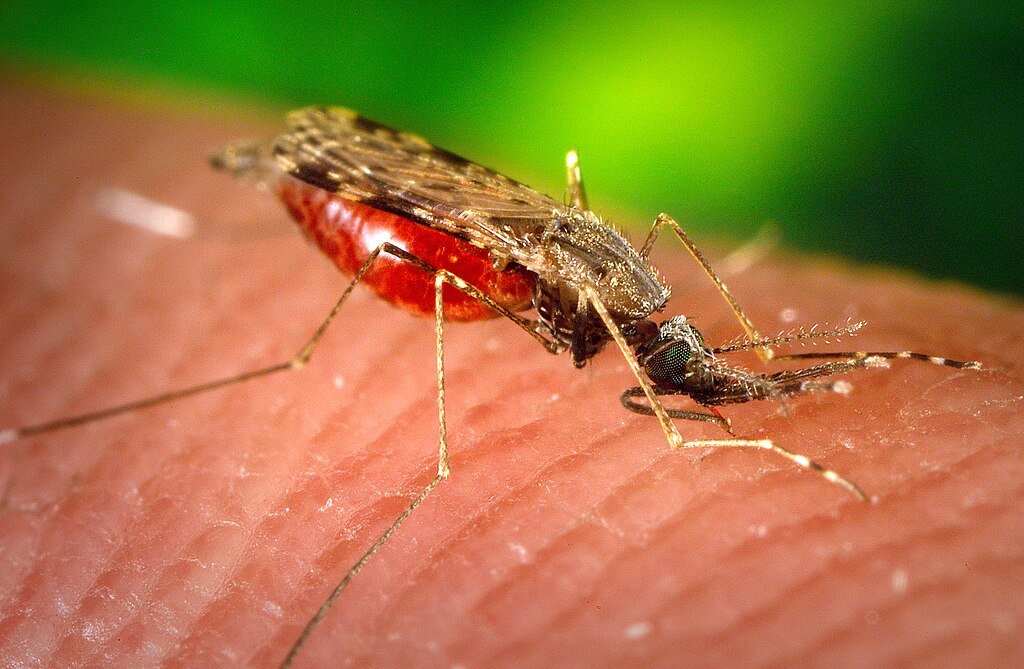
Led by Dr. Konstans Wells of Swansea University, the international research team conducted a meta-analysis using broad-spectrum molecular DNA techniques to identify mosquito blood meals across six globally significant species. The study revealed that mosquitoes do not consistently target the same hosts across regions. Instead, their feeding behavior is highly plastic, shifting in response to local environmental conditions such as temperature, land use, and livestock density.
Surprising Host Diversity
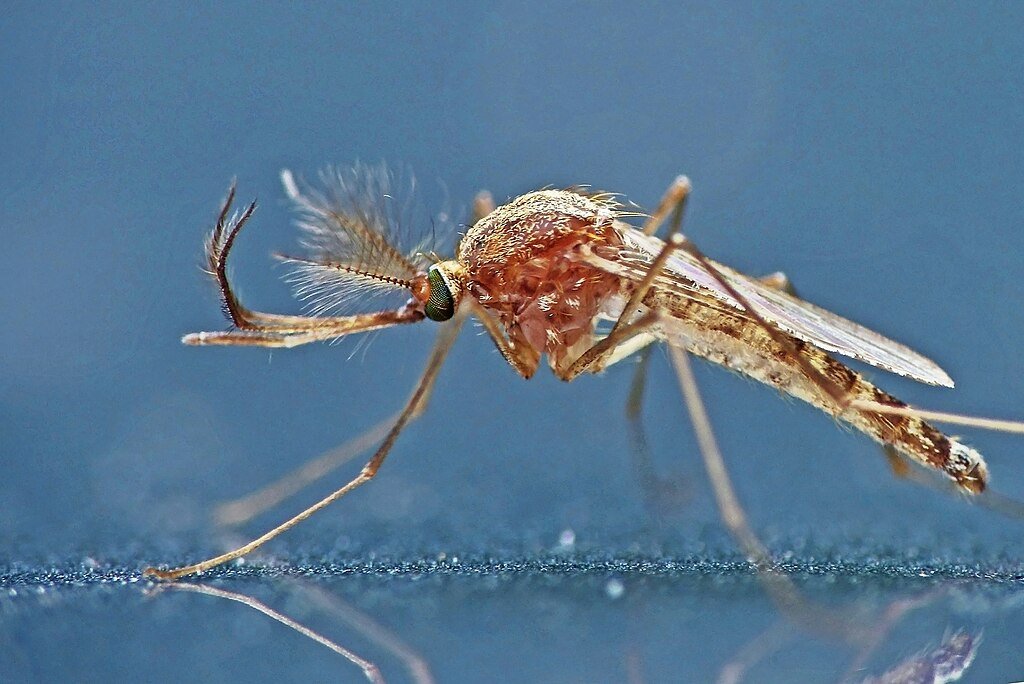
The study found striking differences in host ranges among mosquito genera. Culex mosquitoes had the broadest diet, feeding on between 179 and 321 different species, including birds, reptiles, mammals, and amphibians. Aedes mosquitoes, known for spreading dengue and Zika, fed on 26 to 65 species. Anopheles mosquitoes, which transmit malaria, had the narrowest range, feeding on 7 to 29 species. These findings challenge the idea that mosquitoes have fixed ecological niches and suggest they are more opportunistic than previously thought.
Environmental Drivers of Feeding Behavior
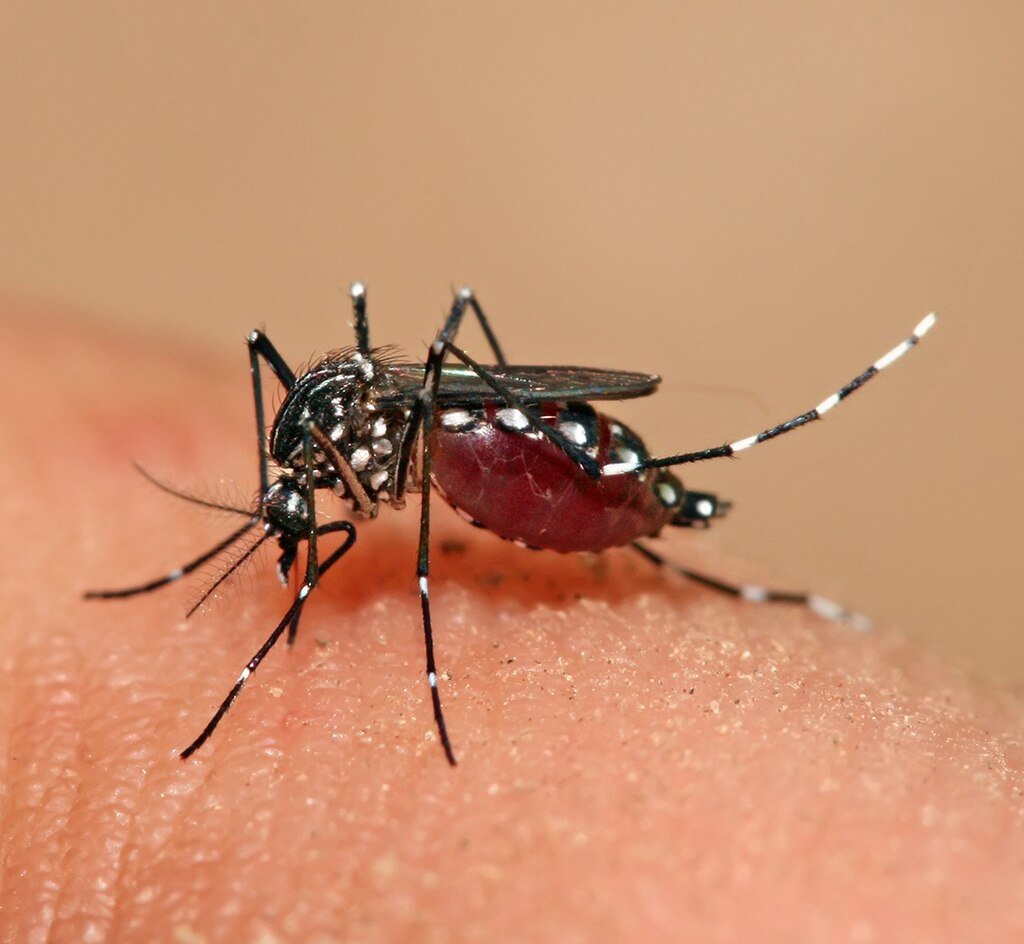
The research showed that mosquito host choice is not simply a matter of host availability. Instead, it is influenced by a combination of environmental variables. For example, in arid regions with dense human populations, mosquitoes were more likely to feed on people. In areas with high livestock density, mosquitoes often preferred animals over humans. This variability complicates efforts to predict disease transmission patterns, especially as climate change alters ecosystems and host distributions.
Implications for Disease Control
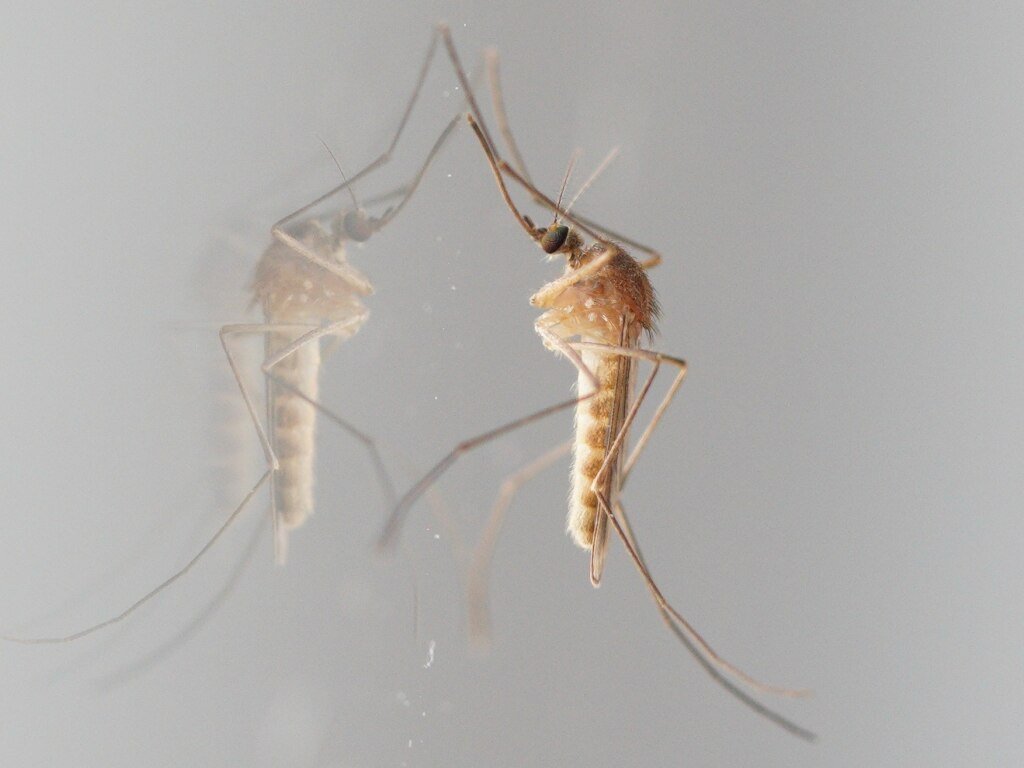
Understanding the flexibility of mosquito feeding behavior is critical for improving disease surveillance and control strategies. The study suggests that relying on assumptions about fixed host preferences may lead to inaccurate predictions of disease risk. Researchers call for standardized methods in blood-meal studies and better integration of environmental data to refine models of mosquito-borne disease transmission.
Conclusion
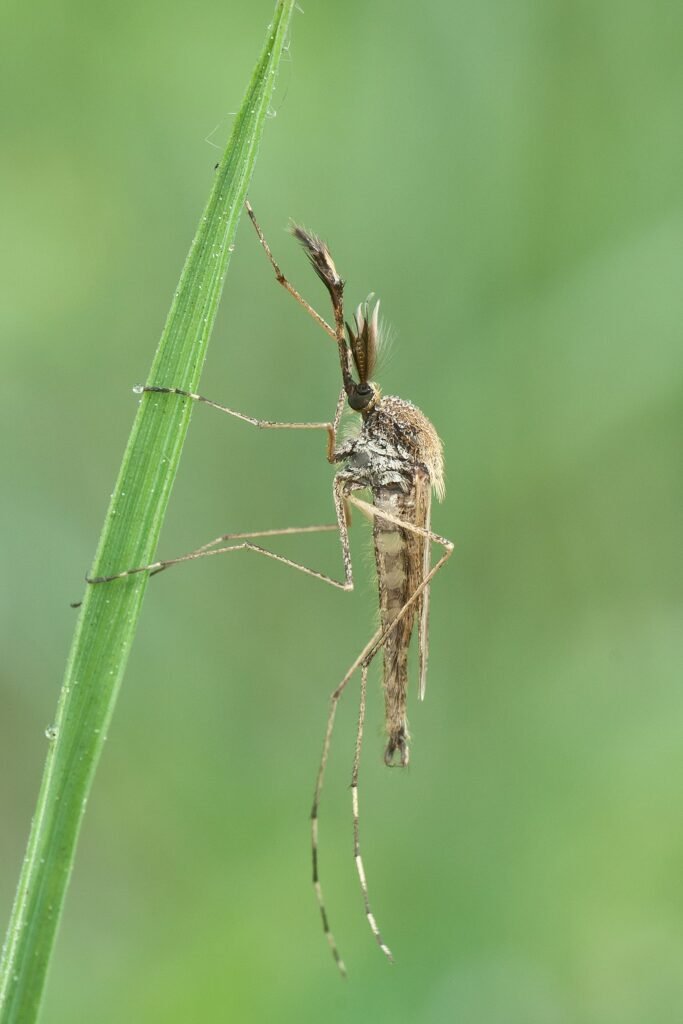
This global analysis reveals that mosquitoes are not the predictable feeders we once thought. Their ability to adapt their diets based on environmental context makes them more resilient—and potentially more dangerous—in the face of global change. As the climate continues to shift, so too will the feeding patterns of mosquitoes, underscoring the need for dynamic and data-driven approaches to public health.
Source:





